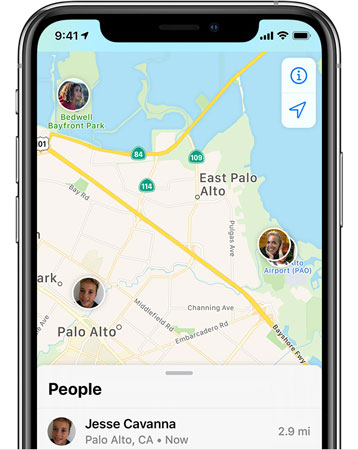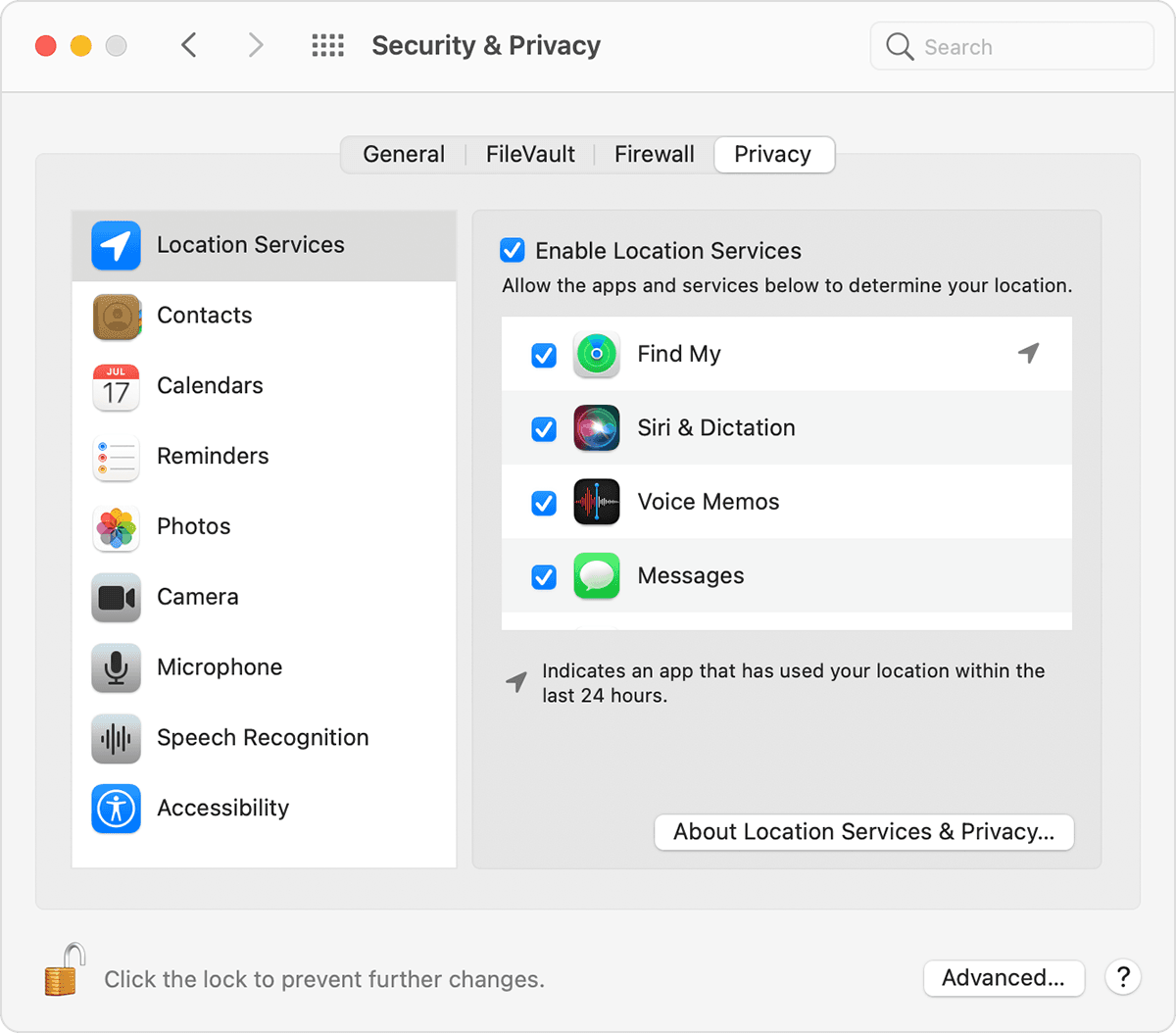

Under System Services you can also toggle a wide range of Apple trackers on/off. Those last two options are right at the bottom of the lists, the only ones breaking the alphabetical listings. You can find it as follows: Settings-Privacy-Location Services-System Services-Significant Locations. It’s not easy to find-secreted away, three levels down in your privacy settings. The data repository is surprisingly well hidden. Location-based ads from Apple, alerts, even crowd-sourced suggestions based on what others near you may have bought. You can also take a spin through Apple’s other location-based services to device what you need and what you want to live without. While Apple’s encryption and device-only restriction “certainly reduces the security and privacy risks,” infosec writer John Opdenakker tells me, “I personally switched this feature off because it doesn't offers real benefits and just feels creepy.” And, as I said, there’s no such thing as absolute privacy or absolute security when it comes to data. It is used to provide you with personalised services, such as predictive traffic routing, and to build better Memories in Photos.” The data is protected by your device security-but it’s still there. This data is end-to-end encrypted and cannot be read by Apple. “Your iPhone and iCloud connected devices will keep track of places you have recently been,” Apple says, “as well as how often and when you visited them, in order to learn places that are significant to you. This is a continually building data repository of the locations you visit, along with times and dates, detailed maps, even the mode of transport to get you there and how long it took. Nothing more so than the significant invasiveness of Apple’s significant locations concept-a perfect illustration of j ust because you can, doesn’t mean you should.

Yes, maybe what happens on an iPhone stays on an iPhone, but some data should not be captured in the first place. Exploitation of our personal data has become a commodity traded between the world’s largest organisations.Īnd so, with that in mind, many iOS users are surprised when some of Apple’s own location tracking is explained. Just look at the battle between Apple and Facebook over ad tracking. And iOS 14 is a testament to its privacy-first approach.

“The people who track on the internet know a lot more about you than if somebody's looking in your window, a lot more,” CEO Tim Cook said last year. Apple has anointed itself privacy protector-in-chief.


 0 kommentar(er)
0 kommentar(er)
